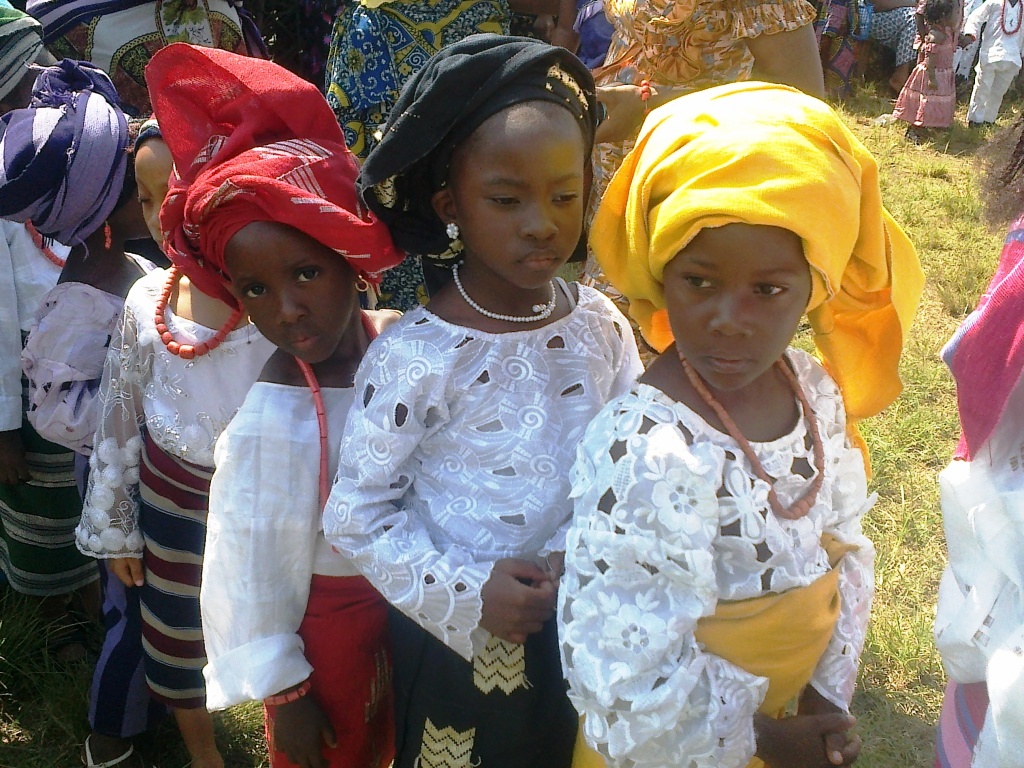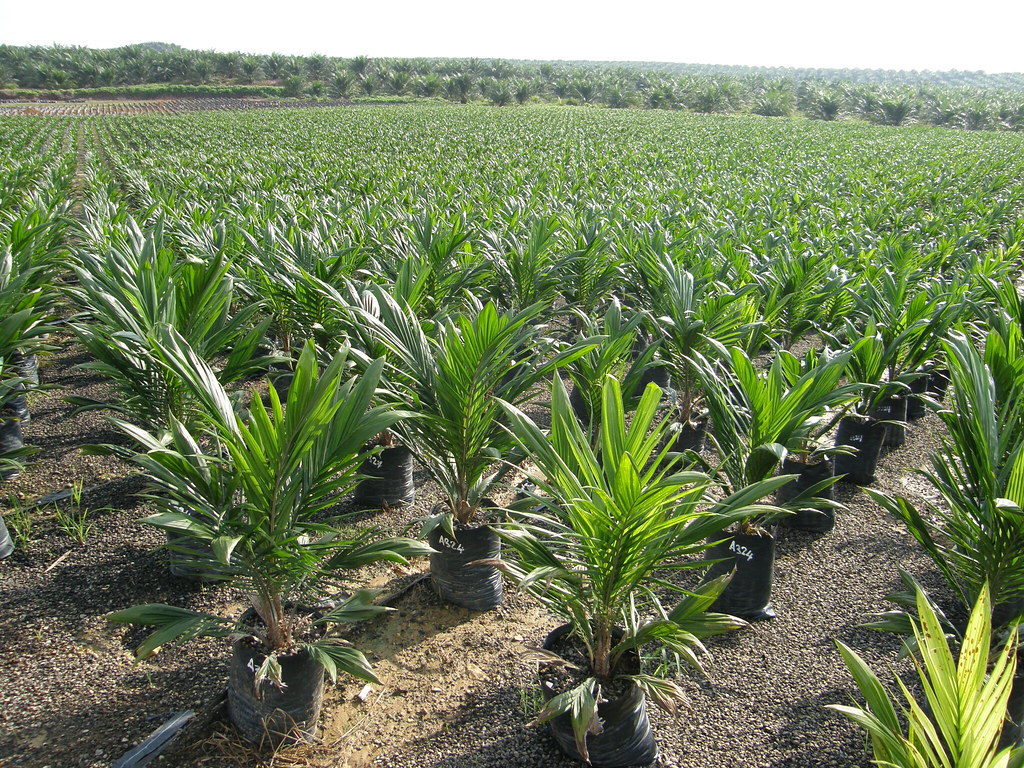African tribes are many.They all have amazing culture and heritage and form great Nigeria. Find out more about their land, language, religion and other peculiarities.
When we talk of Nigerian tribes and their size, we need to realize that some tribes have large diaspora in other parts of the globe. This has to be taken in consideration, when we aim to single out the top and largest ones out of the 371 list of major tribes in Nigeria.
Certainly all the Nigerian tribes have had a significant impact on shaping the culture in Nigeria. So, they all are important and they all make the nation and history of Nigeria. Every tribe has something valuable to offer; they impacted the language policy in Nigeria and many other key areas of life in this state.
Here are the three largest tribes in Nigeria
- Hausa
This is one of the three major tribes of Nigeria. This is one of the largest ethnic groups of the Western Africa. Large groups of Hausa tribe reside in Libya, Sudan and other northern areas. The majority of Hausa population abides in small towns or villages.
- Language
Hausa is one of the primary languages spoken in Nigeria. Here is an interesting fact: presently Hausa is the number 1 language in sub-Saharan African region with the most number of first language speakers. Over 35 million people are born and raised in this language and 20 more million learn and actively use it in life.
Hausa belongs to the Afro-asiatic group of languages. In Nigeria over 15 million people speak this language. However, scientists believe Hausa people did not always speak it. There have been several DNA studies done on that people. They indicate that this ethnic group tightly related to Nilotic group of people.
Thus, in the past they must have spoken a range of Nilo-Saharan languages or dialects.
The northern part of Nigeria – Sokoto remains the area, where Hausa people still speak the most classical and oldest Hausa dialect.
- Land
The land inhibited by this people is called the Hausaland. They mostly occupy the land around the Niger River, as well as northern and western parts of Nigeria. Over 70 percent of the Hausa population in this country resides in rural areas; in small villages of 2000+ people. This way the majority of Hausa population is involved in growing crops and cattle.
- Culture
It is believed that one of the most ancient African cultures called Nok culture has impacted the creation of Hausa people and its culture. That ancient culture extinguished around 300 AD for unknown reasons.
Hausa culture and attires are influenced by its main religion Islam. Both men and women wear very strict outfits, long and wide-rimmed. Along with being very religious, Hausa people are great entrepreneurs. They are active; they are great traders and planners.
- Population
Hausa is one of the major tribes in the West of Nigeria with over 28 million people living in its 19 states of the Hausa land. Cameroon, Togo, Sudan and Ivory Coast are some of the other countries with large Hausa population, besides Nigeria, where there is the largest ethnic Hausa group is present.
Most Hausa families have one man and several wives. A man may have his own house where his wives come in turns to spend the night.
- Diaspora
There is a large diaspora of Hausa in America and in New York in particular. Among all the other Nigerian tribes Hausa has the largest diaspora. In fact, Hausa is the most widely used dialect among the US diaspora Nigerians.
- Religion
Initially Hausa people practiced a religion called Bori. It was mostly spread in the Western regions of Africa. They believed in spiritual entities, which could come and live within human beings.
Unlike the exorcism (casting out demons) practiced by Christianity, Bori practiced adoricism (inviting them in).They believed these spirits could heal bodies and control people throughout their lives.
This religion was majorly practiced until the 11th century AD. Then many traders came to these regions of Africa and brought Islam with them. Lots of Hausa living in larger cities embraced it as a part of their business deal with the traders. Islam made it easier for them to close good deals.
However, a large portion of Hausa still reside in rural areas. They were not so eager to turn to Islam. This happened several centuries later, when they lost the “holy war” in early 1800s. Then they were enslaved and Islam was enforced on them.
Presently over 90 percent of Hausa are Muslims. Islam remains their main religion. Although, in many country regions it is not deeply practiced. Nevertheless, Islam has caused great impact on the Hausa culture.
Presently Hausa take the fourth place around the globe as the largest Islamic people. However, their religion has directly impacted the level of education of this people.
- Education and employment
As a rule, in the countryside the level of education among Hausa is low. Only half of the men can read or write and this percentage is even lower amongst women. Most rural Hausa are employed in agriculture. However, up to 1 third of the population is unemployed.
This is one of the biggest challenges for this largest tribe in Nigeria along with the lack of fresh and clean drinking water.
- Ibo
Igbo tribe comes next on our list of major tribes in Nigeria. This ethnic group has rich history that dates back to 4500 BC. Mostly Ibo tribes had a decentralized system of ruling.
- Language
Presently there are over 24 million people, who speak Igbo language. For the most part they reside in Nigeria. The language has over 20 dialects.
Several of them have laid a foundation for today’s “literature” language. Interesting fact is that the western world has gotten aquatinted with the first words of this language in 1777.
They were introduced in a book about Evangelical mission in Caribbean. Later on Igbo language was widely studied and used by western missionaries to spread the Gospel among these people.
- Land
The south and east of Nigeria is mostly occupied by the Ibo tribe and that land is often times called Igboland. The tribe mostly occupies the swamp and forest lands as well as Niger River delta. Presently the tribe is settled over 41 000 square kilometers territory in Nigeria. The thickness of population varies from 120 and up to 400 persons per square kilometer.
- Culture
Ibo originate from the Nri Kingdom. It was one of the most ancient kingdoms on the territory of the present day Nigeria. Ibo love music and have invented and used a range of various curious instruments.
They include such things as wind or string mediums used to create music. Today most Ibos do not wear their traditional costumes in daily lives.
They put them on for official or special occasions. These robes are colorful and comfy to wear. Kingship and family is very important to Igbos and forms their culture. This is one of the most family oriented cultures in Nigeria.
- Population
It is considered that Ibo make 18 percent of all the population in Nigeria. Some sources claim that the overall population of Igbo in the world amounts to over 70 million people. Besides Nigeria Ibo also live in Cameroon and have large diaspora in other parts of the globe, such as USA.
- Religion
Before the first contact with the western civilization Ibo had a monotheistic religion that taught about one god the creator. They also believed in tight connection between the living and their diseased ancestors, who protected them and provided for them.
Most the most part Ibos are Christian now. The introduction of Christianity started back in 1857. In some areas or villages it has become mixed with their local religion in some ways similar to it. John Taylor was the first Christian missionary, who started the field work among the Ibo people.
- Education and employment
The majority of Igbo population resides in the rural areas of Nigeria. They are most employed in agricultural sector, growing taro, yams and cassava. Part of the population is involved in metal work and crafting. Women produce pottery things and wool fabrics and clothes. Many Igbos take high social or political positions in the country.
- Yoruba
The majority of people from this tribe abide in Nigeria. However, there are also large groups of population in Togo and Benin. It is really hard to tell the exact number of people that belong to this tribe. Some sources say there are little over 5 million of Yoruba, while others state there are over 30 million of Yoruba in Nigeria and all over the globe.
Yoruba has produced many famous people, but the most famous of them is probably Wole Soyinka, Nobel Prize winner in the area of literature.
- Language
Yoruba is one of the Ederiki languages. There are many Yoruba dialects spoken in Nigeria and outside of it. Today over 40 million people speak this language.
There is the so called Standard Yoruba, which was formed in the middle of the 19th century by Samuel Crowther, who has compiled a dictionary for translating the Bible into this language.
- Land
The land where this tribe abides in Nigeria is called Yorubaland. Hausa and Yoruba are the major tribes in the West of Nigeria. Yoruba live in savannah or the grassland part of Nigeria.
- Culture
Family is at the center of Yoruba culture. In most cases local communities or families are directed and headed by elderly people. These are in high respect and esteem among the younger generation.
Even though Yoruba cling to their ancient traditions, they are very dynamic and easily acquire new ways of life.
- Population
Yoruba make up to 21 percent of the entire population of Nigeria. There are strong Yoruba Diasporas in both Americas and in the UK.
- Religion
1/5 of Yoruba population in Nigeria continues practicing their ancient religious beliefs. However, these are pretty unstable and vary from region to region and even from village to village. In some cases their gods are males, in others the deities are female.
The rest of Yorubas split in half. One half of them confess Islam, while the other one confesses Christianity. Family is an imporatnat part of their life and their religion. They highly esteem elderly people and their families revolve around children.
- Education and employment
Most Yorubas remain farmers. However, they excel at trading and crafts, such as woodcarving or metal work. Many Yoruba women are good at dressmaking or at pottery. Interestingly enough men and women in these families have their own sources of income and keep their money apart.
Certainly, there is no need to argue that these tribes are the major one. In fact, they account for over 70 percent of all the population of Nigeria and for the large portion of the diaspora.
However, there is not unity of the opinion as to which one of these tribes is the largest in regards to population numbers. So, the order of our list of tribes in Nigeria could be revised.
Some sources state that Hausa lead. Others believe Yoruba or Igbo outnumber them due to larger diaspora groups. Let’s take a closer look at each one of them and then briefly go over the top 20 major tribes in Nigeria list. All these people and tribes are planted on the same land and share it, forming their national identity:
READ ALSO: Is Nigeria a Nation?
- Hausa
- Ibo

- Yoruba
- Fulani
- Babur
- Achipa (Achipawa)
- Bade
- Kanuri
- Bini
- Chokobo
- Daka
- Degema
- Ebu
- Tiv
- Ga'anda
- Gavako
- Holma
- Idoma
- Ikom
- Jero
- Chamba



